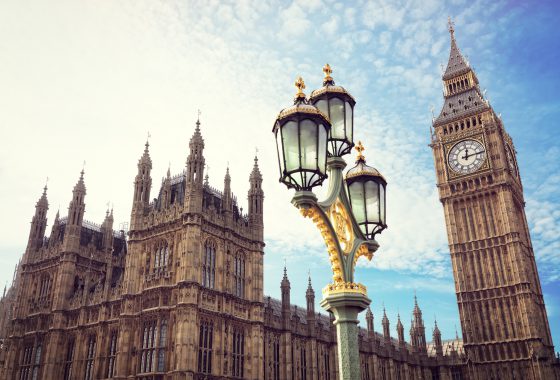An MP has called on the health secretary to ‘urgently investigate’ the ‘two-tier’ ambulance service after a Pulse investigation revealed response times to 999 calls from GP practices were significantly longer than from the general public.
Speaking at health questions in Parliament this morning, Bedford MP Mohammad Yasin asked why patients were being ‘deliberately downgraded’ if an ambulance is called from a GP surgery, and called on the health secretary to investigate the system.
Pulse’s investigation, based on freedom of information responses from 10 of the 13 ambulance trusts across the UK, found that some GP surgeries are routinely facing waits twice as long as the general public when 999 is called.
In today’s parliament session, Mr Yasin highlighted an incident in which one GP in his constituency was asked to wait 10 hours for an ambulance by the East of England Ambulance Service (EEAS), despite his patient needing urgent admission.
In a press release ahead of the session, Mr Yasin’s office said his constituent’s account ‘backed up’ Pulse’s investigation findings, with the MP adding that he was ‘very concerned that this incident may be part of a wider issue of patients being deliberately downgraded if an ambulance is called from a GP surgery’.
Mr Yasin said: ‘Reports that a two-tier system has come in to play where an ambulance trust will allow patients who are under the care of a medical professional to wait longer viewing them as less at risk is very worrying. I will ask the secretary of state to urgently investigate these findings because if this is happening, it is a very dangerous precedent.
‘It puts patients at risk and leaves GPs unable to respond to the many other important clinical situations that they face each day, which could endanger other seriously unwell people.’
In response to Mr Yasin’s question, health minister Stephen Hammond said: ‘A number of MPs including the honourable gentleman have raised issues about the trust’s [EEAS] performance and a range of actions have been put in place.
‘He’ll be pleased to know that I met with the performance director in December and have been discussing a number of support mechanisms from both the NHS and from the department and I am continuing to receive reports.
‘You’ll be pleased to hear that over December the performance of East Anglia trust improved.’
A spokesperson for EEAS said: ‘We cannot comment on specific incidents, however we are not aware of any 10-hour wait.
‘Our responses to patients who are at GP surgeries or other healthcare facilities are not being downgraded.
‘Calls are based on clinical need in order to get to our seriously ill patients quickly.
‘We would urge the patient involved or their family to contact us directly.’
The EEAS has previously faced criticism for its performance and response times. Last winter, it was revealed that 22 patients had suffered harm, three of which were severe, due to ambulance delays caused by ‘unprecedented’ winter demand for the service.
In September, the chief executive of EEAS resigned, a month after the CQC judged that the service ‘requires improvement’.
GPs have claimed under-pressure ambulance services are delaying their arrival due to the mistaken belief that patients are safe if a doctor is present.
They say the practice needs ‘stamping out’ by NHS England and the Government ‘immediately’.
Pulse October survey
Take our July 2025 survey to potentially win £1.000 worth of tokens













